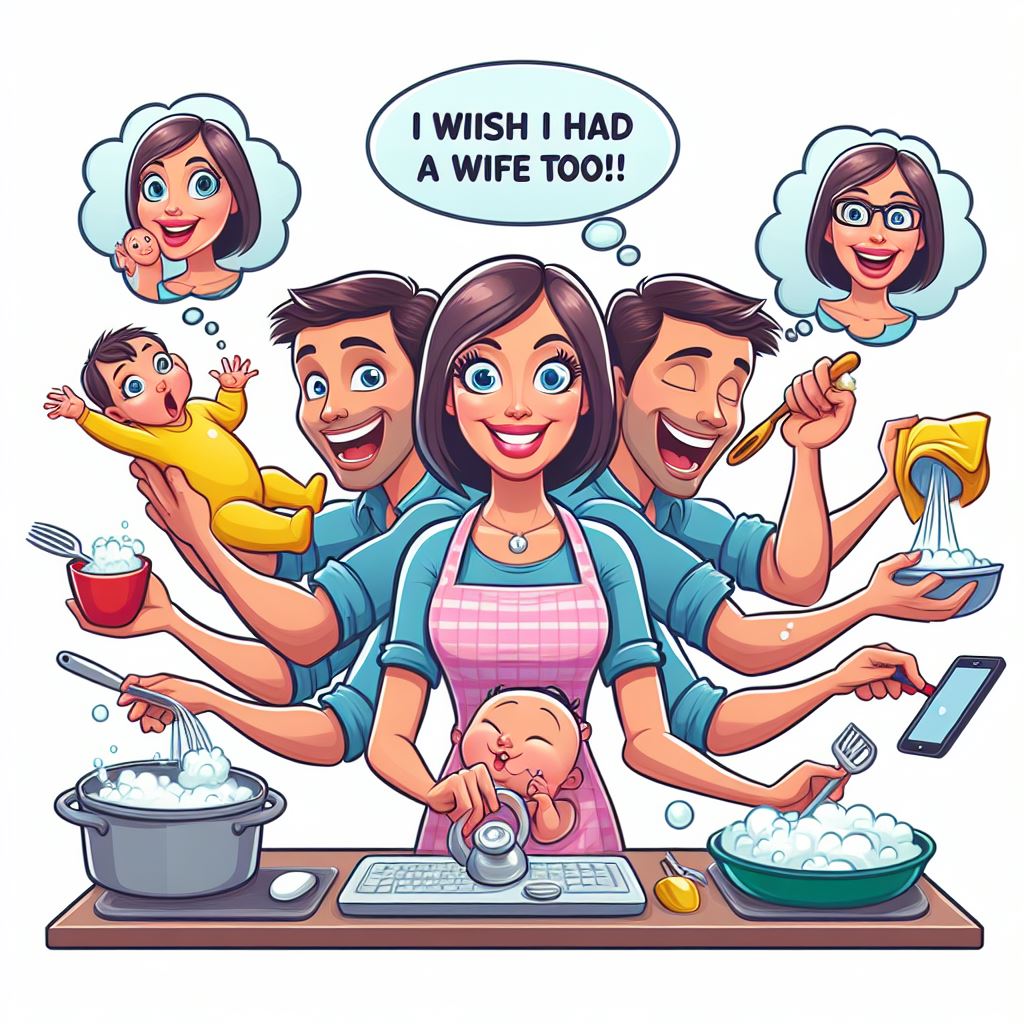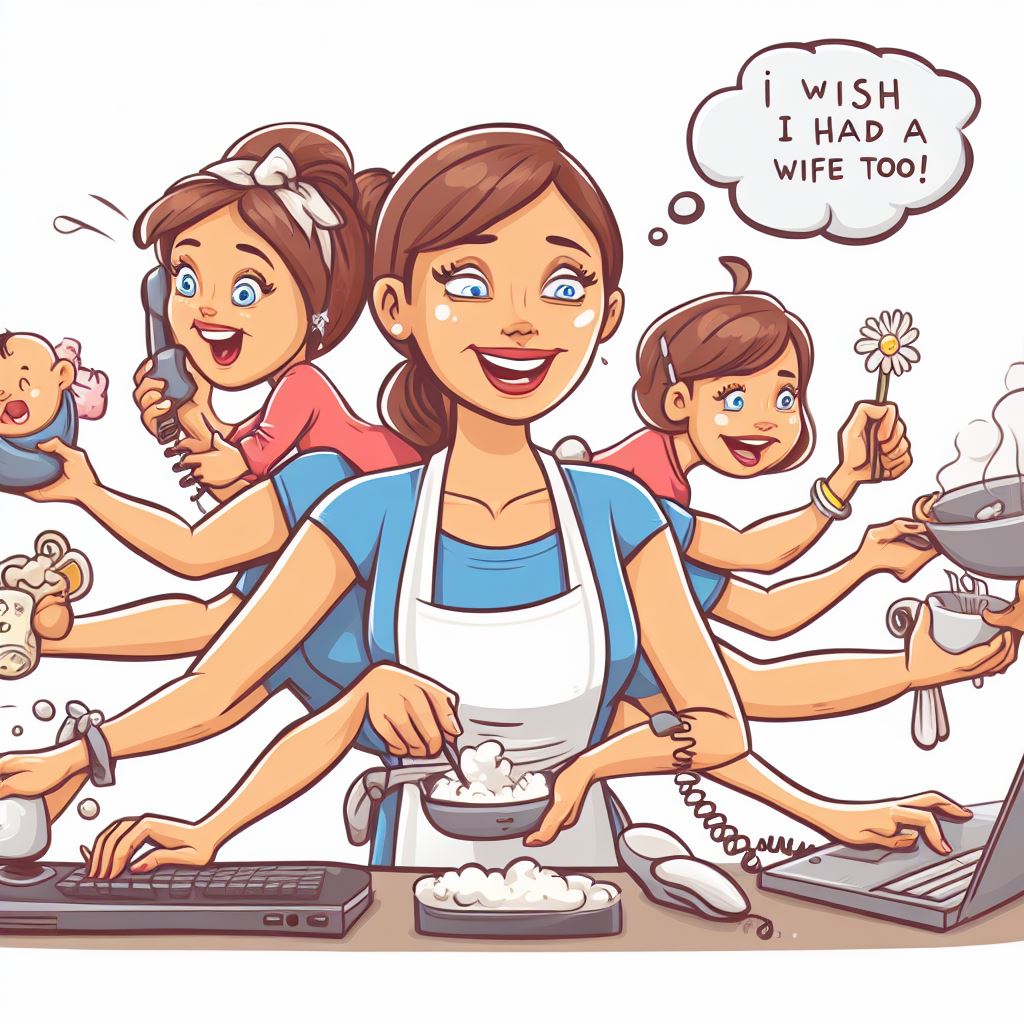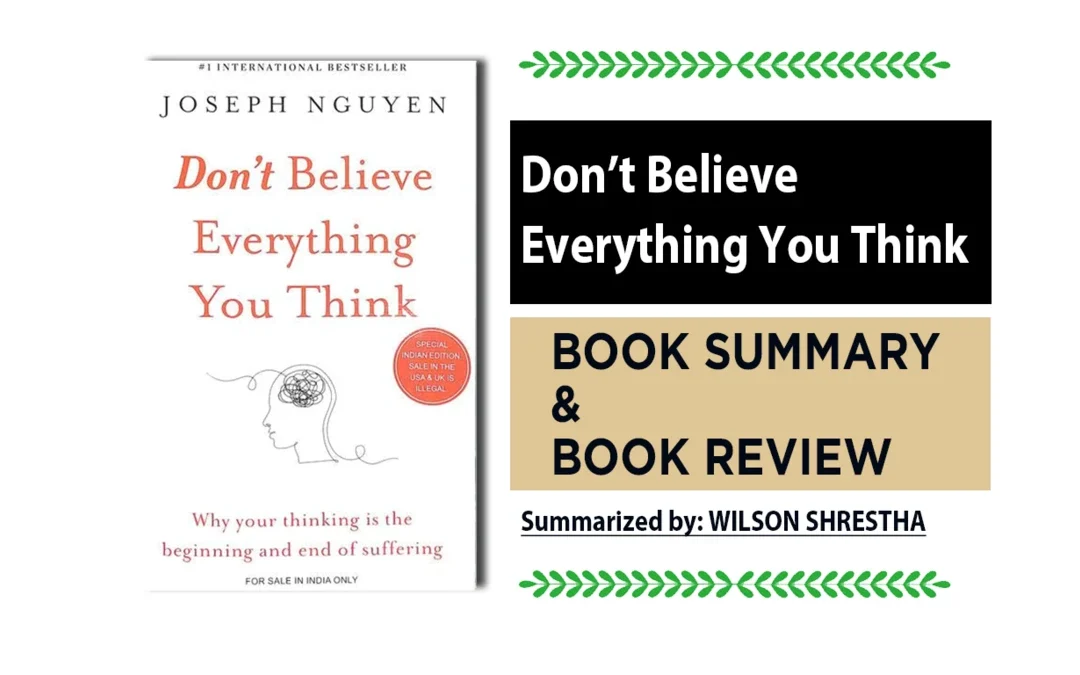
| Author | Judy Brady |
|---|---|
| Birth Year | 1937 |
| Nationality | American |
| Occupation | Feminist writer and activist |
| Notable Work | “I Want a Wife” |
| Published in | Ms. Magazine (first issue) |
| Publication Year | 1971 |
| Themes | Gender roles, feminism, women’s rights, motherhood, healthcare |
Understanding Judy Brady’s Classic Feminist Essay
- “I Want a Wife” is a satirical essay by Judy Brady from 1971.
- The essay criticizes the societal expectations placed on women, particularly regarding marriage and domestic duties.
- Brady humorously lists the many responsibilities expected of women, such as cooking, cleaning, and childcare.
- The purpose of the essay is to shed light on the underappreciated work done by wives.
- Brady uses humor to highlight the inequality between men and women, especially regarding marriage.
- The essay serves as a call to action, urging women to demand more from their partners and society.
- “I Want a Wife” has become a well-known feminist text, discussing gender roles and societal expectations.
- Brady’s essay prompts readers to rethink their assumptions about gender roles and the division of labor in relationships.
- It highlights the discrimination and unequal treatment faced by women.
- The essay emphasizes the often-unrecognized contributions of wives and encourages readers to appreciate and acknowledge the work done by women.
- “I Want a Wife” challenges traditional notions of gender roles and is still relevant today as women strive for equality in various aspects of their lives.

Introduction
In this article, we will explore the profound essay “I Want A Wife” written by Judy Brady. First published in the inaugural issue of Ms. Magazine in 1971, this classic piece of feminist humor serves as a satirical critique of the societal expectations placed on wives. Through clear arguments, repetitive keywords, and stylish language, Brady effectively conveys her perspective on the roles and inequalities experienced by wives. This article aims to provide a comprehensive analysis of Brady’s essay and shed light on the issues raised.
The Unfair Demands on Wives
Brady’s essay emphasizes the unequal treatment and unfair expectations imposed on wives compared to husbands. She eloquently highlights the stark difference between the roles of husband and wife, exposing the inherent inequality that exists within marriages. Brady’s motivation for writing this essay stems from her frustration with the feeling of inferiority imposed on women and the undervaluation of the work undertaken by wives.
To illustrate her point, Brady presents an extensive list of tasks commonly expected from wives. These tasks range from keeping the house clean and organized, to taking care of the husband’s clothes, and ensuring personal belongings are readily available. By outlining these outrageous expectations, Brady aims to evoke a sense of astonishment in her readers, prompting them to question the societal norms surrounding marital roles.
Establishing Credibility and Personal Experience
Brady establishes her credibility by identifying herself as a wife and a mother in the opening paragraphs of her essay. This not only lends credibility to her arguments but also implies that she possesses a deep understanding of the subject matter. Her firsthand experience with the responsibilities and expectations placed on wives bolsters her authority and lends weight to her assertions.
The extensive knowledge Brady demonstrates in her essay indicates that her understanding of the roles and challenges faced by women is derived from personal experience. By listing numerous duties expected of wives, Brady’s language conveys the frustration and annoyance felt by many wives who find themselves burdened with these responsibilities. Her relatable tone resonates with readers who may have experienced similar challenges in their own lives, further strengthening her arguments.
The Arguments Presented by Brady
Brady’s essay puts forth several clear arguments that shed light on the issues faced by women in marital relationships. One of her primary arguments revolves around the overwhelming demands placed on women. Although she does not explicitly state this, Brady effectively conveys the message by outlining the extensive roles and responsibilities of wives. Through this approach, she emphasizes the immense workload that women are expected to shoulder.
Another significant argument made by Brady concerns the inequality between men and women. She presents a scenario where she, as a man, desires to pursue an education while having a female spouse who takes care of all household responsibilities, including childcare, appointments, and managing finances. Brady asserts that such unequal expectations need to be addressed and that society places an excessive burden on women. Her arguments effectively capture the attention of readers, drawing them into the discussion and compelling them to consider the inequalities present in marital relationships.
The Impact of Brady’s Essay
Brady’s essay has had a significant impact since its publication. Originally featured in Ms. magazine, it resonated strongly with the publication’s feminist audience. By critically examining the expectations imposed on wives, Brady challenges societal norms and encourages readers to reevaluate the traditional roles assigned to women. Her essay provides a platform for discussion, raising awareness about the inequalities faced by women and promoting gender equality.
Furthermore, Brady’s use of repetitive phrases, such as “I want a wife,” serves to emphasize the overlooked responsibilities and contributions of wives. By shedding light on these hidden aspects of married life, she prompts readers to reflect on the societal assumptions that often go unquestioned.
What she is searching for in a wife:
- Supportive and caring
- Household duties
- Childcare responsibilities
- Managing social relationships
- Career support
What she does not want to have in a wife:
- Financial responsibilities
- Career aspirations
- Emotional needs
- Independence and freedom
- Personal appearance
- Intellectual pursuits
Context
“I Want a Wife” was written during the second wave of feminism, a period of feminist activism that began in the 1960s and continued into the 1980s. During this time, women were fighting for equal rights and opportunities in all aspects of life, including work, education, and politics. The feminist movement also challenged traditional gender roles and expectations, which often limited women’s choices and opportunities.
Brady’s essay was written in response to the idea that women should aspire to be wives and mothers, and that these roles were the most important and fulfilling for women. The essay uses satire to highlight the absurdity of these expectations and to argue that women should have the same opportunities and freedom as men. The essay also critiques the way that society undervalues the work that women do in the home and in caring for others.
Main Points
In “I Want a Wife,” Brady lists various responsibilities and duties that women typically perform, such as cooking, cleaning, and childcare. She then goes on to talk about how she wants someone to do these duties for her. Brady’s tone throughout the essay is sarcastic and biting, highlighting the absurdity of the expectations placed on women in society.
Brady also points out the double standards that exist between men and women in marriage. For example, she notes that while men are free to pursue their careers and interests, women are expected to put their own desires aside and focus solely on their husbands and children. Brady argues that this is unfair and that women should be able to have the same opportunities and freedoms as men.
Themes
The main theme of “I Want a Wife” is the unequal distribution of labor and responsibilities between men and women in marriage. Brady highlights the fact that women are expected to do all the domestic work while men are free to pursue their careers and interests. She argues that this is unfair and that women should be able to have the same opportunities and freedoms as men.
Another theme of the essay is the double standards that exist between men and women in society. Brady notes that while men are praised for their independence and ambition, women are expected to be subservient and selfless. She argues that this is a result of deeply ingrained gender roles and that it is time for society to change its expectations of women.
Overall, “I Want a Wife” is a powerful critique of the gender roles and expectations that exist in society. Brady’s essay continues to be relevant today, as women still face many of the same challenges and inequalities that she highlighted over 50 years ago.
FAQs
Q.1. What does Brady’s wife mean? Does this perfect wife really exist? Explain.
Answer: Brady refers to a woman who sacrifices a lot for her husband, takes care of all his needs, children, and housework, but this ideal wife does not really exist because the expectations placed on women are excessive and unrealistic.
Q.2. What special duties does Brady describe for a wife? How does she classify these duties?
Answer: Brady describes duties such as arranging appointments, cooking, organizing social events, and keeping the house clean. She classifies these duties into five general categories: caring for children, managing household chores, being sexually available, organizing meetings and events, and sacrificing one’s own career.
Q.3. What does Brady complain about in his own life? What does he think is the cause of his problems?
Answer: Brady’s main complaint is his inability to pursue further education due to his current circumstances. She is also overwhelmed by the fact that wives are expected to handle daily responsibilities such as housework, scheduling appointments, planning meals, and sacrificing their own careers. He believes these problems arise from the unfair division of labor between husband and wife.
Q.4. At what point does Brady consider leaving his wife? What would happen to the children if he left?
Answer: Brady mentioned that he would consider leaving his wife if he found another woman more suitable for the traditional wife role. If he leaves, he will leave his first wife solely responsible for the care of the children.
Q.5. This essay was first published in Ms. magazine. In what sense is this feminist publication appropriate for its audience? Can you imagine where else it appeared?
Answer: This essay is very suitable for a feminist publication because it serves as a critique of the expectations many men place on their wives. It focuses on the enormous amount of labor that women have to do to stay on top of their daily lives, much of which goes unnoticed or completely ignored by their husbands. This essay may also be suitable for the opinion section of a magazine.
Q.6. Does this essay have a clearly stated thesis? If so, what is it? If you believe the thesis is implied, explain it in your own words.
Answer: No, this essay does not have a stated thesis. I believe the thesis is that she wants someone to do everything for her that a wife does.
Q.7. Do you think Brady wants the kind of wife he describes?
Answer: He probably wants a wife who does all the things mentioned in the essay. This ideal spouse does not exist, but when you love someone enough they come close to it. I think that Brady wrote this essay because she was tired of female responsibilities around the house and wanted to go to school to learn and rise in society.













Thnx.